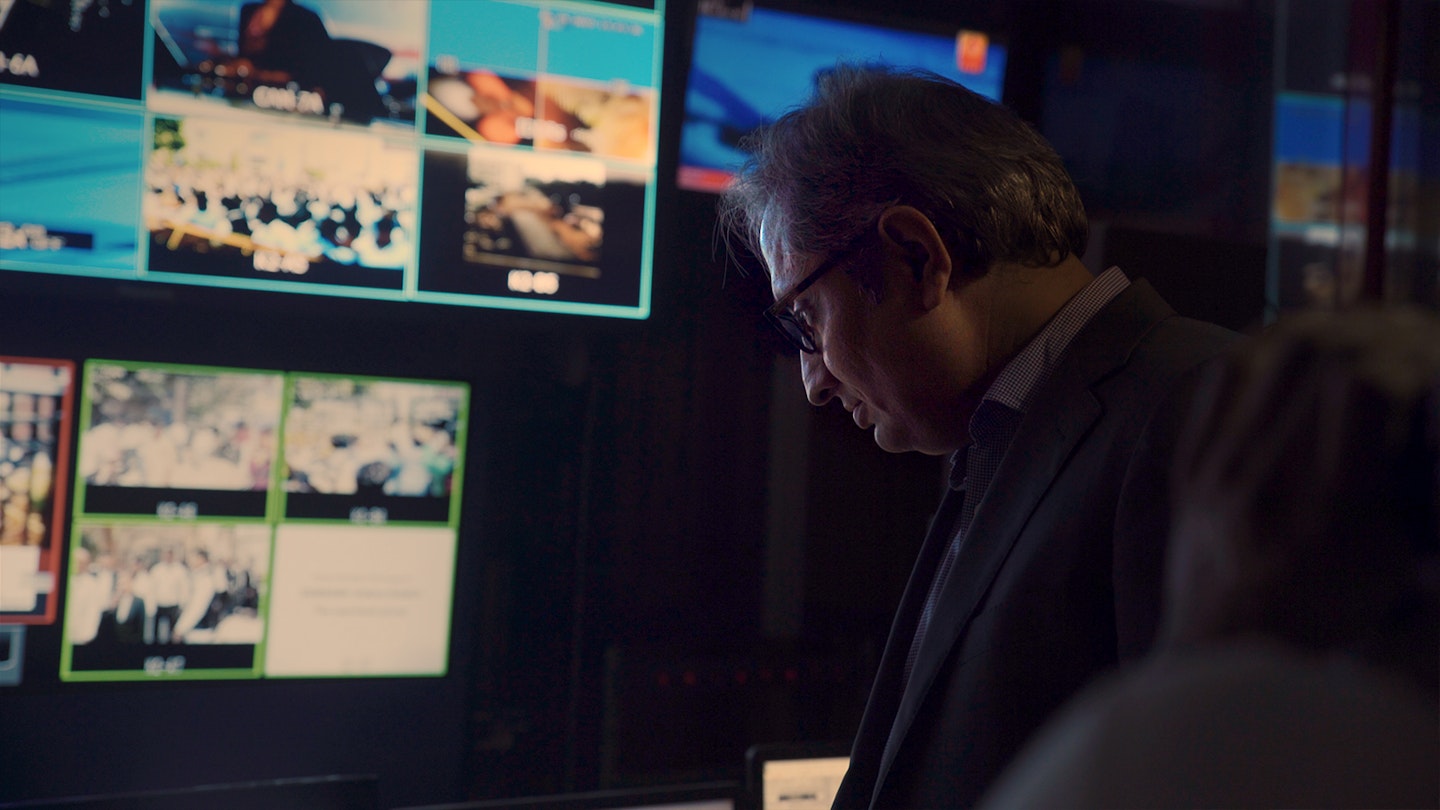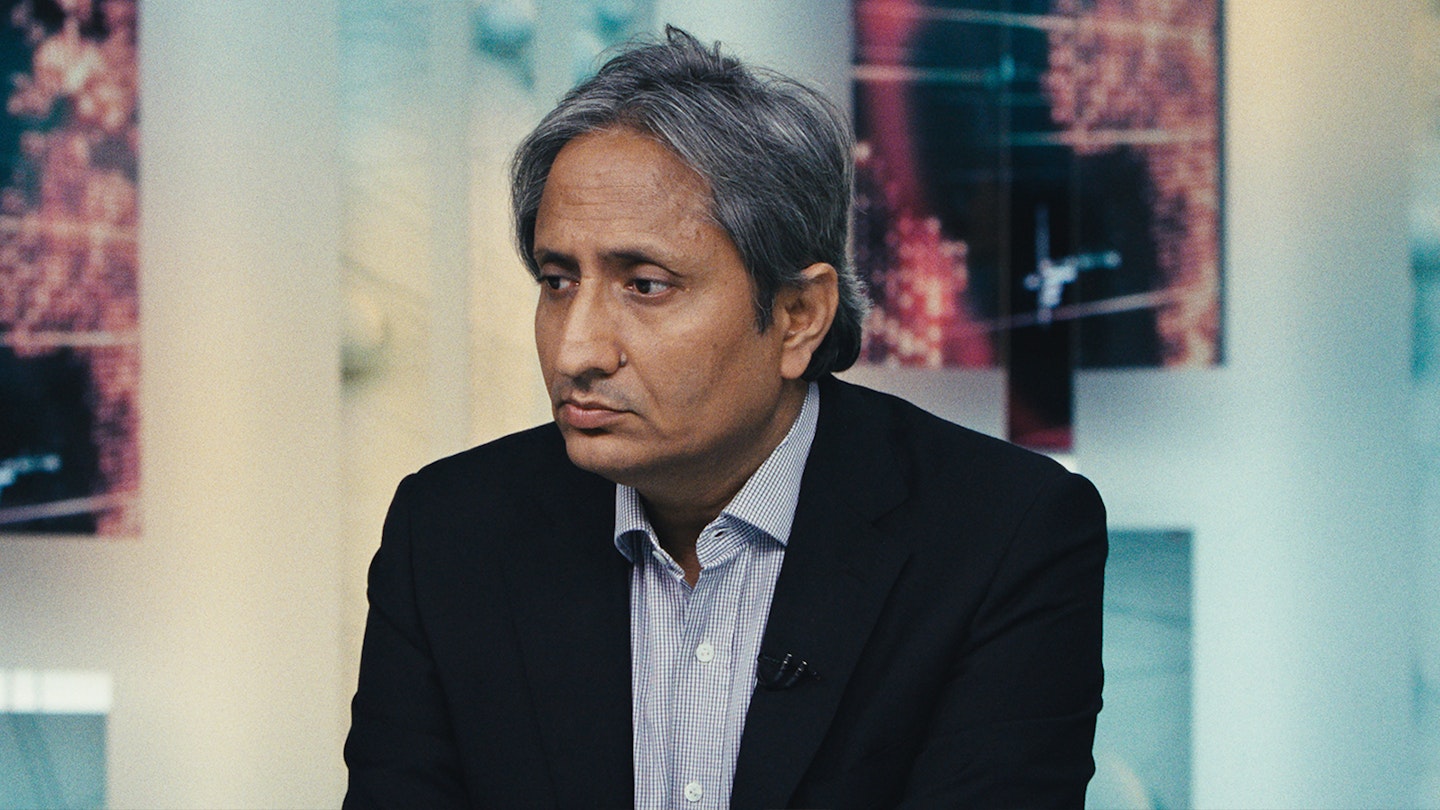Newsreader Ravish Kumar is an anomaly in India’s TV landscape. Where all the successful, well-funded channels are trumpeting the brilliance of life under Prime Minister Narendra Modi, Kumar, on a minor network, is reporting from an apparently different world, where unemployment is sky-high, people lack basics like clean water, and religious persecution is rife. For questioning the official government line, Kumar is labelled “anti-nationalist” and subject to repeated threats.

Vinay Shukla’s fascinating documentary follows Kumar as he ploughs on with delivering truth, even as his ratings tumble and the country votes for Modi in ever larger numbers. Shukla frames Kumar as somewhere between Woodward and Bernstein and Network’s Howard Beale, determined to expose corruption but also not entirely convinced he can change anything in a system where most people seem happy to accept the ‘reality’ they’re fed. He rails against the government on camera, but frequently looks defeated as he wanders around his increasingly sparse newsroom and stares at his wall after his bosses deliver yet more bad news about advertising revenue or budgets. There’s an almost grimly funny recurring scene of Kumar eating the same sad ‘Goodbye’ cake as one after another of his colleagues leave, either by choice or force.
While it’s specifically focused on news in India, Shukla seems to be very deliberately making a point about news around the world, and the rise of news as entertainment and echo chamber. Watching clips of newsreaders on India’s popular channels shrieking about “fake news” and “patriotism”, it’s not hard to see shades of Tucker Carlson or Piers Morgan. But Shukla doesn’t wallow in doom. Kumar is largely shouting into the void, but sometimes, somewhere, there is someone listening. It ends on a note of minor triumph. It could be argued the relatively happy ending is Shukla succumbing to the same self-soothing as the extreme-right news channels, but he’s at least doing it without shouting.
